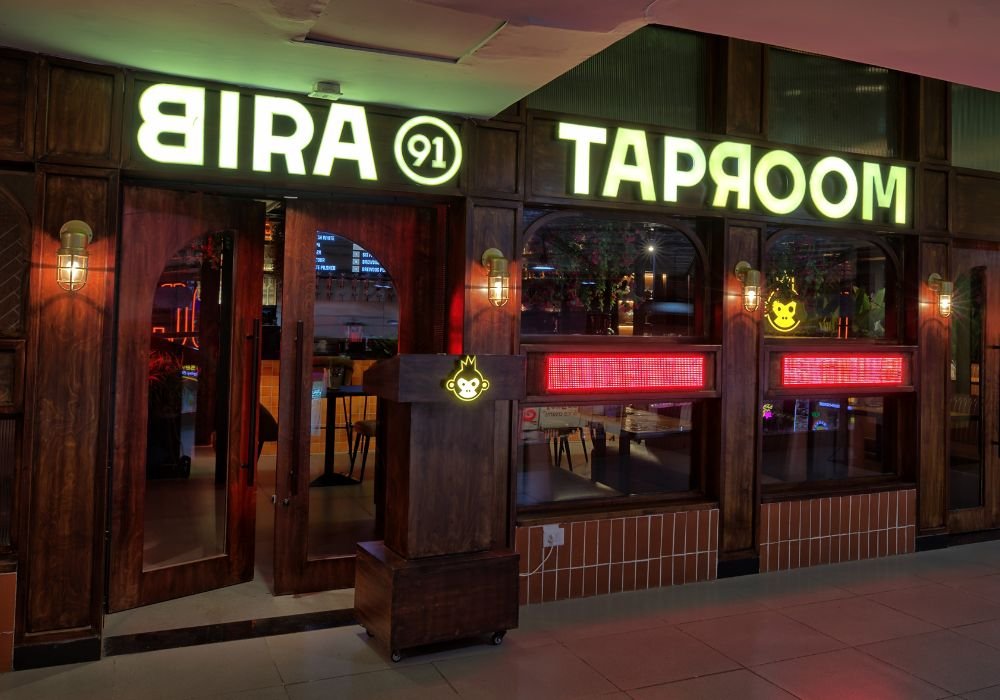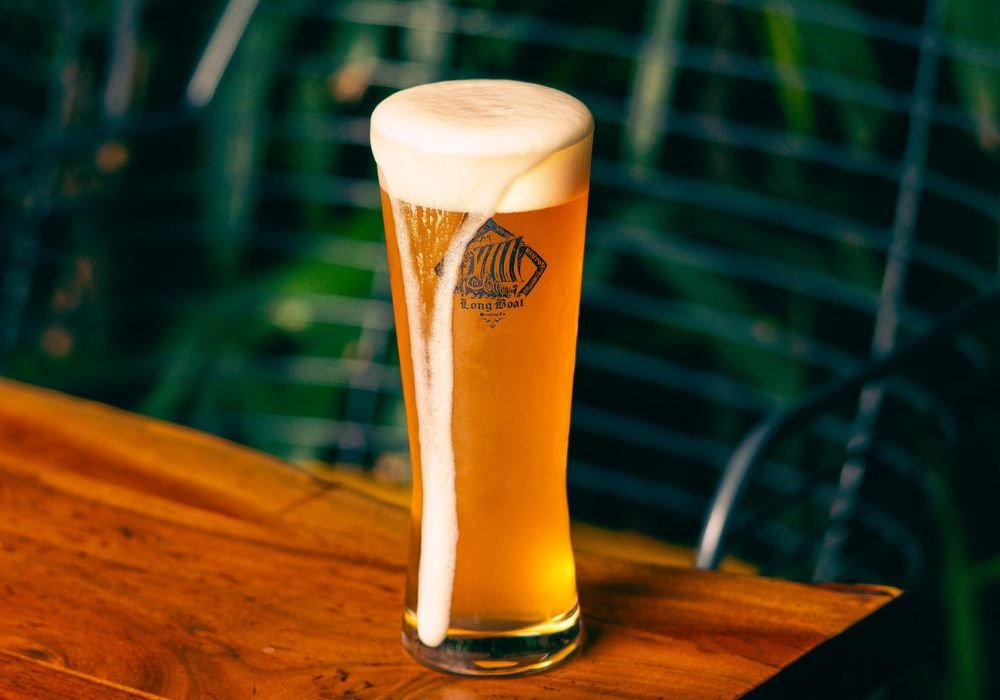BREWTROLEUM – Drinking Fuels Driving

Aakash Athawasya,
BW Correspondent
‘Drinking’ and ‘driving’, the two words used together as a phrase and as individual words have such contrasting meaning? The phrase is something that is rightfully shunned and looked down upon by people. The solitary words, on the other hand, are associated with a pleasure, a hobby, a thrill that fills up your soul, whether it’s by the sound of the engine or the popping of the bottle. But what if we could replace the conjunction ‘and’ with a verb ‘causing’?
Drinking Fuels Driving

Seems absurd, doesn’t it? Well one company in New Zealand looks at it on the contrary and is revolutionizing the modern beer industry by converting the colloquial phrase and associating it with cleaner, more eco-friendly driving at that.
DB Export, a New Zealand-based brewing company announced in June 2017 that it has successfully created a biofuel, called ‘Brewtroleum’, made from the left-over yeast from brewing beer. Yes, you read that right: fuel that runs your car, powered by the process of brewing beer. Sounds like the perfect mix, doesn’t it? An everyday activity profiting from an everyday beverage.

The company recycles yeast slurry, which would normally be thrown out or fed to animals, and converts it to ethanol (modern day fuel is 10% ethanol) that can be mixed with regular petroleum. DB Breweries claims that it is the first time that commercially available E10 has been made using beer by-products. E10 is a fuel mixture, comprised of 10% anhydrous ethanol and 90% gasoline, that is used for the internal combustion of engines of most vehicles today and light duty vehicles with no specific modification required to the engine. The company asserts that they weren’t the originators of this revolutionary idea, attributing that to MillerCoors (now SABMiller) who were the first to make fuel from beer by-products. The Kiwi company was, however, the first to commercialize it.
 This ingenious idea has certainly set the beer world abuzz, with the company getting a lot of media exposure both domestically and internationally. The final product essentially is a biofuel that can now be used as an ingredient to power light vehicles is certainly a better alternative. The usage of biofuels, especially for vehicles is a big leap in the reduction of carbon dioxide emissions. In fact, one study by the Automobile Association showed that the usage of 30 litres of biofuel a week would save more than 250kg of carbon dioxide emissions a year and knocks out at least 8% less carbon dioxide than regular fuel, a favourable statistic for an increasingly environmentally conscious world.
This ingenious idea has certainly set the beer world abuzz, with the company getting a lot of media exposure both domestically and internationally. The final product essentially is a biofuel that can now be used as an ingredient to power light vehicles is certainly a better alternative. The usage of biofuels, especially for vehicles is a big leap in the reduction of carbon dioxide emissions. In fact, one study by the Automobile Association showed that the usage of 30 litres of biofuel a week would save more than 250kg of carbon dioxide emissions a year and knocks out at least 8% less carbon dioxide than regular fuel, a favourable statistic for an increasingly environmentally conscious world.
DB Breweries plans to off load Brewtroleum through petrol stations like Gull and Mobil in the New Zealand area. Gull petrol stations already have a knack for unconventional and cleaner biofuels, like the ones made from New Zealand whey (a by-product of the dairy industry) and Brazilian sugarcane.

“We’re helping Kiwis save the world by doing what they enjoy best – drinking beer,” DB spokesman Sean O’Donnell told the New Zealand Herald.
Though in its fledgling stages, Brewtroleum has received a positive response from the beer and fuel industries as well as from environmental activists. Their ad campaign “Drink enough beer and you can save the world” took home the Grand Prix award by the Outdoor Lions jury in Cannes, France.

In the advertisement, they highlight about the dwindling sales and consumption of beer particularly in the West. Enter Brewtroleum. The product is pegged as a saviour for the world all by the dream of drinking beer: the advertisement sells the concept quite superbly, concluding with a man walking out the door for a pint with the lads, exclaiming that he is going out to save the world.
 However, amusing the advertisement is, it certainly hammers home all the points for DB Export and their unique product, leaving you with quite the urge to pop a cold one.
However, amusing the advertisement is, it certainly hammers home all the points for DB Export and their unique product, leaving you with quite the urge to pop a cold one.
What’s even more interesting is that DB Breweries, the creators of this fuel, is owned by Heineken Asia Pacific (which is wholly owned by Heineken International) so we could see this on a global stage soon enough.
Brewtroleum has certainly answered a rallying cry for greener production methods to power modern vehicles. With an uptick in the demand for biofuel, a more environmentally friendly outlook and a never-ending love for beer, it certainly looks like it will have longevity in both the market and multiple perspectives.
So yes, drinking can cause driving.



